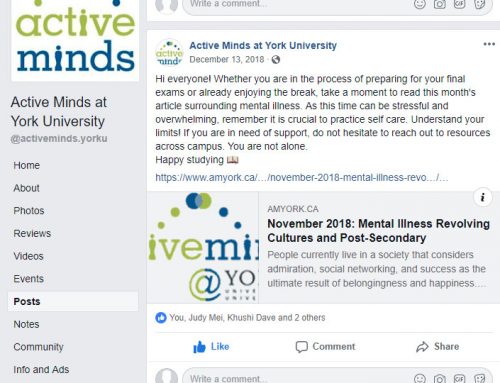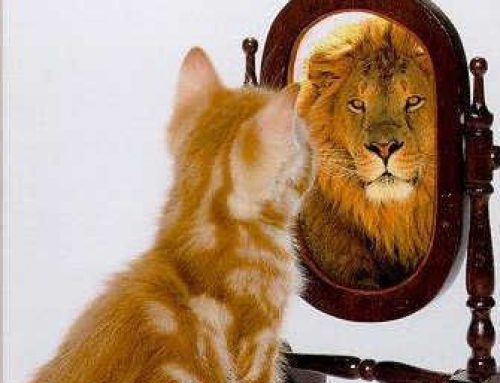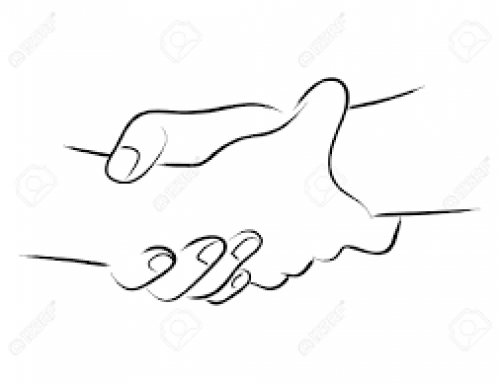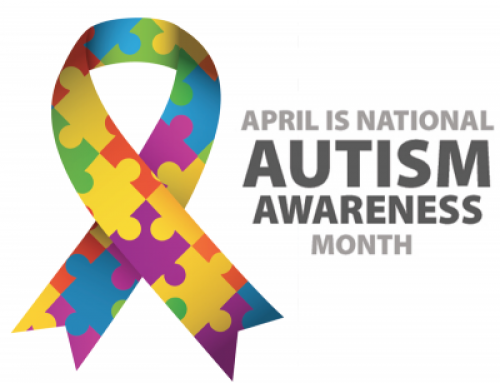There are some areas of psychology that are more understood than others. For example, depression and generalized anxiety are well known disorders that people are aware of. Other areas of psychology are lesser-known, and are often misunderstood.
Today I will be diving into Specific Phobias, one of the most common psychological disorders, and also one that people often misunderstand and make fun of.
Having a specific phobia is a type of anxiety disorder that is characterized by extreme and irrational fear of an object or situation. Everyone has fear and anxiety in their lives in certain situations. For example, sometimes I get a little worried when I’m driving in heavy rainfall, and one of my best friends really gets uneasy around whales. The issue is when the fear becomes irrational. For example, if I’m caught driving in the rain, I don’t automatically freak out. I know that if I drive a bit more carefully, I will most likely make it home in one piece. Plus, if it doest rain or snow terribly, and if it gets too unsafe for me to drive, I can always pull over and wait for it to pass. My friend knows that while she’ll always feel uneasy seeing a whale in an aquarium. She probably will never encounter a whale in her life otherwise, so this fear doesn’t really affect her. A phobia might occur if my friend was too scared to go to her work near the aquarium, because she was so frightened of the whale. This fear is irrational, and would negatively affect her life.
According to the DSM-5, a patient can be diagnosed with a specific phobia if they have had the fear for more than six months, if the thing that the person is afraid of is not actually a real danger, and if the fear interferes with school, work, or their personal life. If you are afraid of an object or situation, and have these characteristics, you might have a specific phobia.
There are five types of specific phobias: animal type (fear of animals), natural environment type (fear of water, heights, thunderstorms, etc.), situational type (fear of being stuck in an elevator, or getting caught in the dark), blood-injection-injury type (fear of needles, fear of medical procedures, fear of getting injured, etc.), and other types. Some phobias like claustrophobia (the fear of small spaces) or arachnophobia (the fear of spiders) are very common. Others such as nepophobia (fear of clouds) or cryophobia (fear of cold) are more uncommon and not often heard of. People might make fun of people who have uncommon phobias, but if someone you know is experiencing a specific phobia, it is nothing to joke about.
If you think you have a specific phobia, you can go to a psychotherapist to get some help. You might think of doing Cognitive Behavioural Therapy (CBT), to change your negative thought patterns about your phobia. For example, if a common thought you have is “That whale will break out of the aquarium and attack me,” you can start saying “Whale attacks are incredibly rare. Even if a freak accident did happen, I’m far away enough that it would not affect me.”
Exposure therapy is also a great option for people with specific phobias. Along with a trained therapist, you can slowly start to come in contact with the object or situation of which you are afraid, and begin to realize that it isn’t that dangerous after all. For example, for someone with a fear of whales, maybe one day, you and a therapist decide to drive by the aquarium and take a look at whale photos. You do that for a few minutes until the anxiety is unbearable, and then you and your therapist discuss what you were feeling. Maybe next week you buy tickets to the aquarium. Maybe you’re too scared to actually go in through the front entrance. Maybe the week after that, you try to get into the front entrance. As you start to build a tolerance towards these situations and realize they aren’t so dangerous, one day, you might be able stand in front of the whale tank for one minutes, then two minutes, then five minutes, then ten minutes. With consistent work with a therapist, it is possible for you to overcome your specific phobia.



























